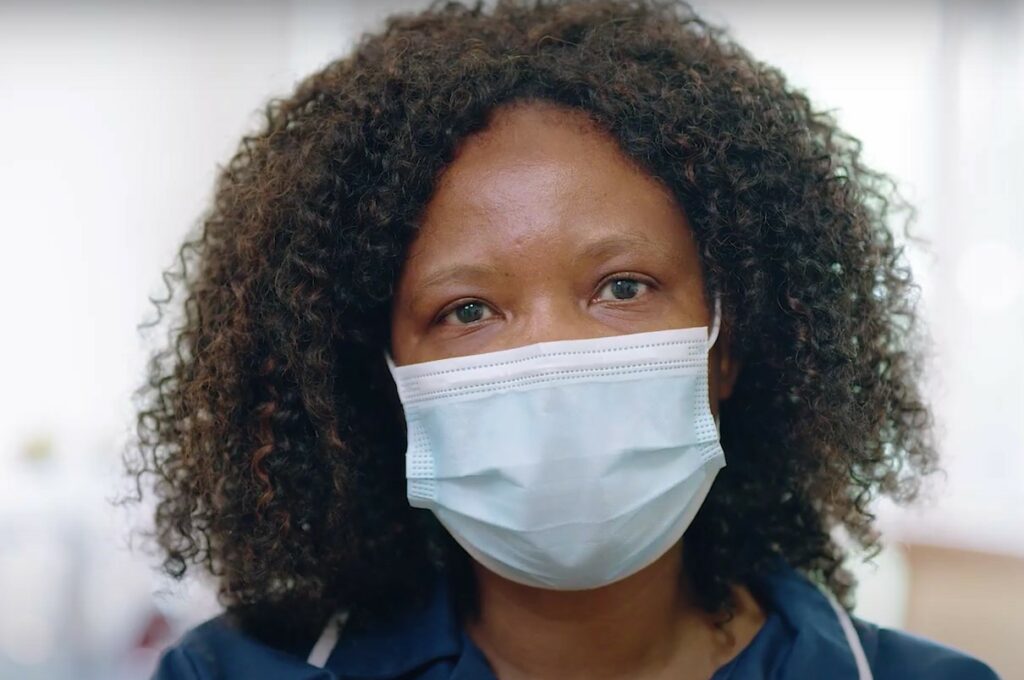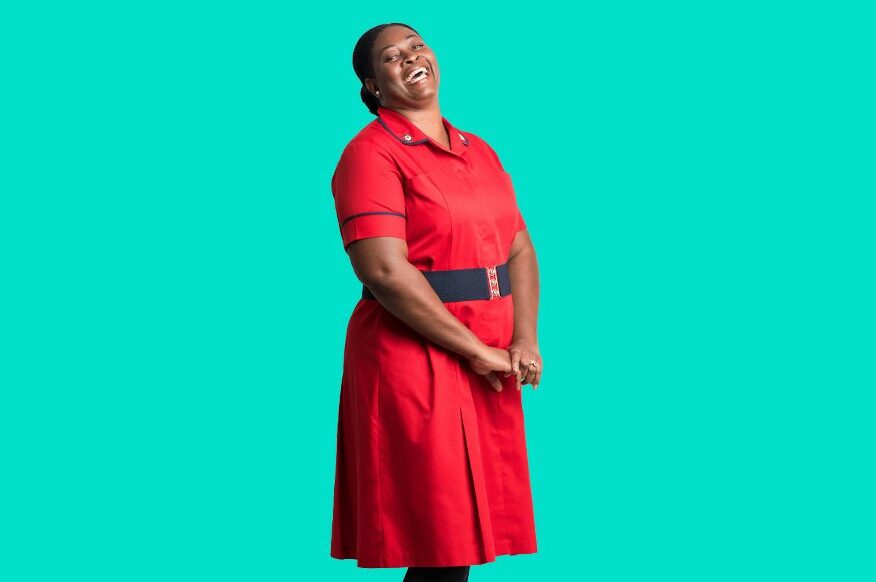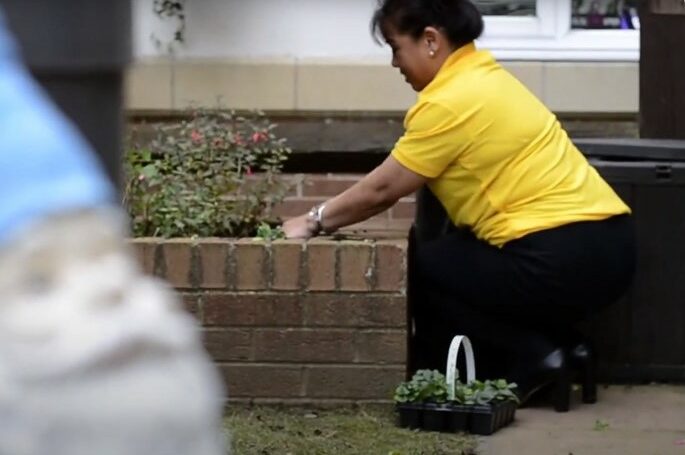Building on the positives
Building on the positives
Happy New Year! I hope every adult social care colleague, carer and those accessing care and support had a lovely Christmas and welcomed in 2026 with rest, reflection and renewed energy.
Happy New Year! I hope every adult social care colleague, carer and those accessing care and support had a lovely Christmas and welcomed in 2026 with rest, reflection and renewed energy.

Life may seem to be back to normal, but COVID-19 and its many variations have not gone away. A growing number of people are sadly suffering the reality of that statement, each and every day, with symptoms of Long COVID.

For the majority of people, food plays a huge part in their happiness and this is no exception for people living with dementia. Since Head Chef, Linda Aduma, began working at Vida Healthcare, she has understood the importance of providing meals which are nourishing mentally as well as physically.

Vickie Peters, Deputy Director of Infection Prevention and Control at Cygnet Health Care, explains what the healthcare company is doing to protect its service users and staff from the impact of seasonal flu and the potential resurgence of COVID-19.

If you want to know why we present Chief Nurse for Adult Social Care Awards throughout the year, you could do no worse than read this lovely blog from Peer Quality Manager, Mark Bird. He is just one of many colleagues making the care sector a great place to work, supporting and inspiring others, each …

You don’t have to be a fan of Game of Thrones to know ‘winter is coming’. And while we might wish we had a few fire breathing dragons around to help with the heating, the issues we face as a health and care system require some real world resolve and practical solutions to match.

Deborah Sturdy, Chief Nurse for Adult Social Care, is pleased to be working with the Florence Nightingale Foundation to launch a new social care leadership development programme specifically for nurses from black and ethnic minority backgrounds. Find out more in her latest blog...

Making sure vaccination consent is in place for staff and care home residents ahead of the autumn COVID-19 booster programme is essential. As Deborah Sturdy, Chief Nurse for Adult Social Care says in her latest blog: "The ever present threat of new, more infectious, variants demands there be no complacency."

“It’s been life-changing having my homesharer living here... It really has made a positive change in my life having someone so kind and friendly around and knowing I am not alone.” Deborah Fox, Head of Homeshare UK, shares this and other testimonies about a truly beneficial model of care.

Chief Nurse for Adult Social Care, Deborah Sturdy, and Skills for Care CEO, Oonagh Smyth, look at the progress being made to create a national voluntary framework to support the safe and effective delegation of healthcare interventions to the social care workforce.

Hallmark Care Homes has proudly supported Care Home Open Week for many years and whilst they did their best to virtually open our doors last year to members of the local community, there is no comparison to meeting caring and committed teams in person. Find out more...